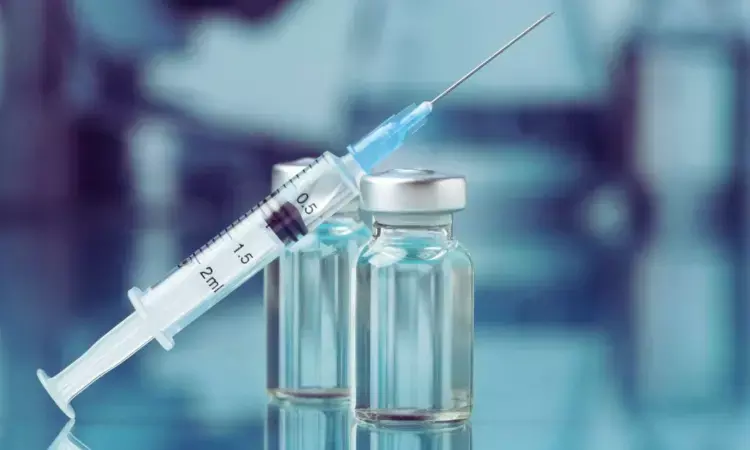
Chandigarh – In a bold step to tackle the acute shortage of psychiatrists across Punjab, the state health department has announced a major policy reform—Medical Officers (MOs) in charge of Outpatient Opioid Assisted Treatment (OOAT) clinics will now be trained to perform key roles traditionally handled by psychiatrists.
The move is aimed at strengthening the functioning of OOAT clinics, which are vital to the state’s fight against opioid addiction. With only 45 psychiatrists available for 542 OOAT centres, many districts are currently functioning without a single psychiatric specialist, resulting in serious gaps in patient care.
Expanded Role for MOs
OOAT clinics have traditionally relied on psychiatrists to:
- Register new patients,
- Monitor and adjust medication dosages,
- Approve take-home doses for recovering addicts.
Due to the shortage, many drug addicts have faced delays in care or have had to travel long distances to receive necessary approvals.
To address this, a special training module has been developed in collaboration with psychiatrists trained at the National Drug Dependence Treatment Centre (NDDTC), AIIMS. These psychiatrists will now train MOs to take over these responsibilities.
Relieving the Bottleneck
A senior health official confirmed to Hindustan Times,
“A special module to train Medical Officers has already been prepared. Psychiatrists will serve as trainers, and a training roster is ready.”
The official acknowledged that the shortage had caused bottlenecks in daily operations, particularly regarding approval of home-away dosages.
“After training, MOs will be authorised to make changes in dosages, which will help reduce the rush at OOAT centres with high patient loads,” he added.
Strategic Step in the Battle Against Drug Abuse
OOAT clinics have emerged as a cornerstone in Punjab’s de-addiction strategy, and the latest move is expected to make services more accessible, especially in rural and underserved areas.
This comes after multiple complaints from patients and stakeholders about the unavailability of psychiatrists and the resulting delays in treatment. Empowering MOs with the ability to manage treatment plans directly is expected to ensure timely care, reduce patient burden, and enhance overall rehabilitation efforts.
Earlier, Punjab Health Minister Brahm Mohindra had announced the expansion of OOAT clinics across Community Health Centres (CHCs) in the state to provide structured treatment to drug addicts closer to their homes.